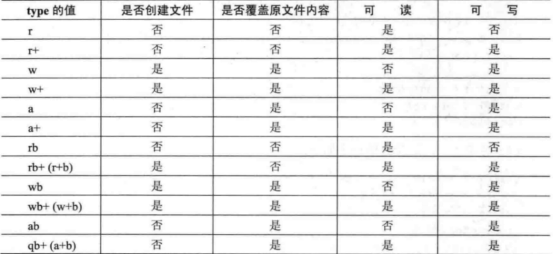
The conversion fails because the string cannot contain group separators it must contain integral digits only. The conversion fails because the string cannot contain a decimal separator it must contain integral digits only. Some of the strings that the TryParse(String, Int32) method is unable to convert in this example are: ' Attempted conversion of '(100)' failed. ' Attempted conversion of '16,667' failed. ' Attempted conversion of '9432.0' failed. ' The example displays the following output to the console: using namespace System īool result = Int32::TryParse(value, number) Ĭonsole::WriteLine("Converted '' failed.", The following example calls the Int32.TryParse(String, Int32) method with a number of different string values. True if s was converted successfully otherwise, false. A return value indicates whether the conversion succeeded. TryParse(String, NumberStyles, IFormatProvider, Int32)Ĭonverts the string representation of a number in a specified style and culture-specific format to its 32-bit signed integer equivalent. Tries to convert a UTF-8 character span containing the string representation of a number to its 32-bit signed integer equivalent. TryParse(ReadOnlySpan, NumberStyles, IFormatProvider, Int32) Tries to parse a span of characters into a value. TryParse(ReadOnlySpan, IFormatProvider, Int32) A return value indicates whether the conversion succeeded.Ĭonverts the string representation of a number to its 32-bit signed integer equivalent. Tries to parse a span of UTF-8 characters into a value.Ĭonverts the span representation of a number in a specified style and culture-specific format to its 32-bit signed integer equivalent. Overloads TryParse(ReadOnlySpan, IFormatProvider, Int32) A return value indicates whether the operation succeeded. We should check the errno for any errors.Converts the string representation of a number to its 32-bit signed integer equivalent. The errors are reported in the C-style way by setting the errno. TODO: you need to check whether the long to int overflow too if neccessary Std::cerr << "Too big or small: " << errno << "\n" number = (int)LONG_MAX or (int)LONG_MIN Int number = (int)std::strtol(text.c_str(), nullptr, 10)

#String to int c code#
Long int strtol(const char *nptr, char **endptr, int base) Īn example C++ code using the strtol() function is as follows. X3::parse(strbegin, str.end(), int_, value) Std::string::iterator strbegin = str.begin() parse with boost spirit x3 int_ parser One example C++ program to convert string to int using std::stoi() is as follows. Std::out_of_range if the converted value would fall out of the range of the result type or if the underlying function (std::strtol or std::strtoll) sets errno to ERANGE. Int stoi( const std::string& str, std::size_t* pos = 0, int base = 10 ) (1) (since C++11)ĭiscards any whitespace characters (as identified by calling isspace()) until the first non-whitespace character is found, then takes as many characters as possible to form a valid base-n (where n=base) integer number representation and converts them to an integer value. The std::stoi() function is recommended to use if the development environment is not locked to the pre- C++11 standard. We can use the std::stoi() function from C++ standard library since C++11. String to int in C++: the C-style way using strtol().

String to int in C++: the Boost way using Spirit.X3 parser.

String to int in C++: the stream based C++-style way using string stream.String to int in C++: the “modern” C++-style way using std::stoi().


 0 kommentar(er)
0 kommentar(er)
